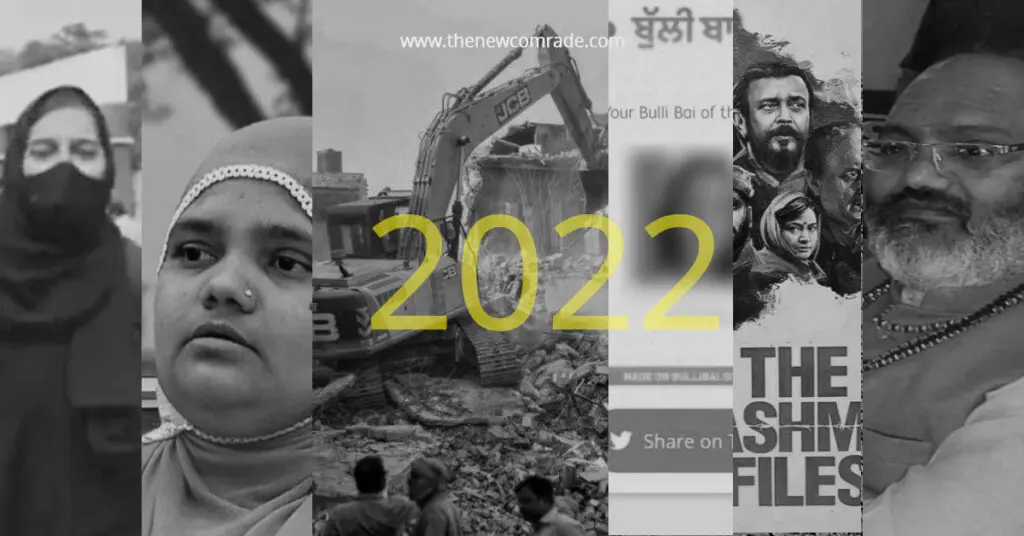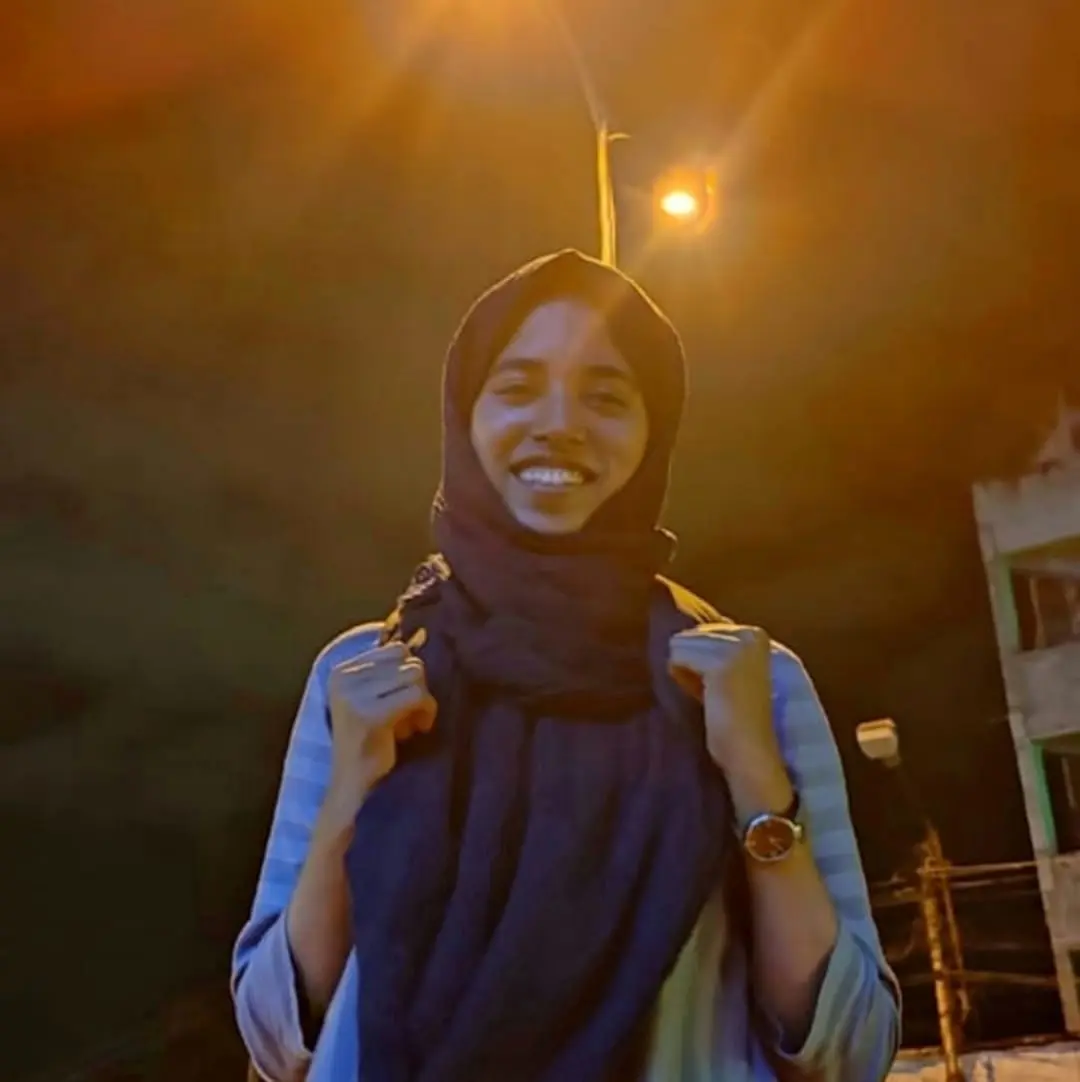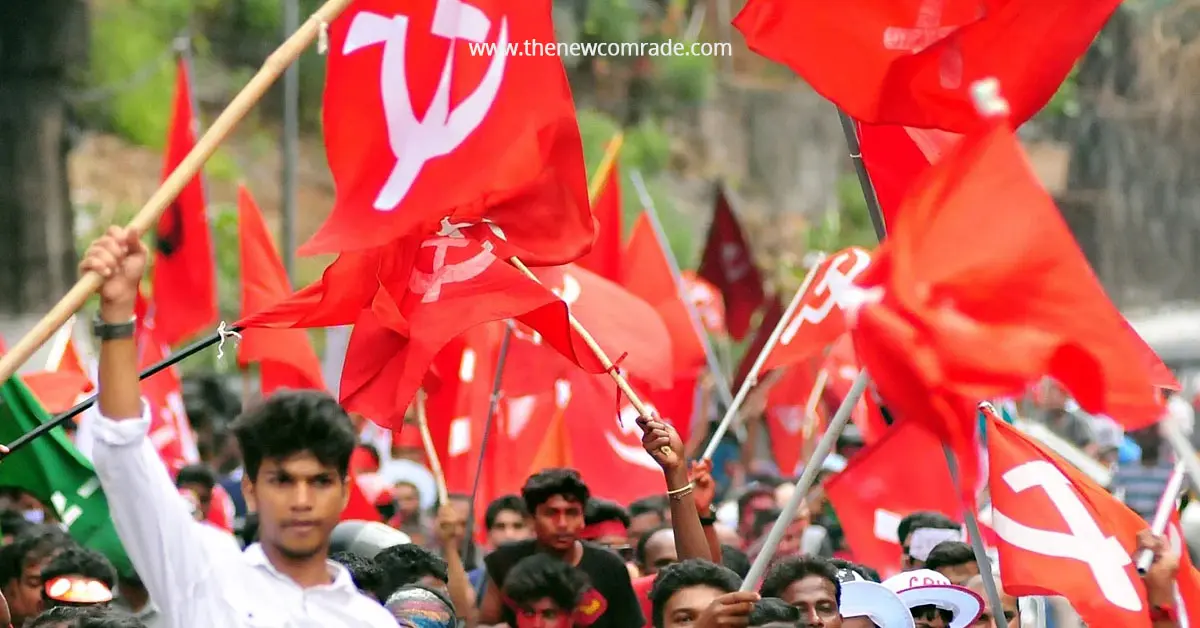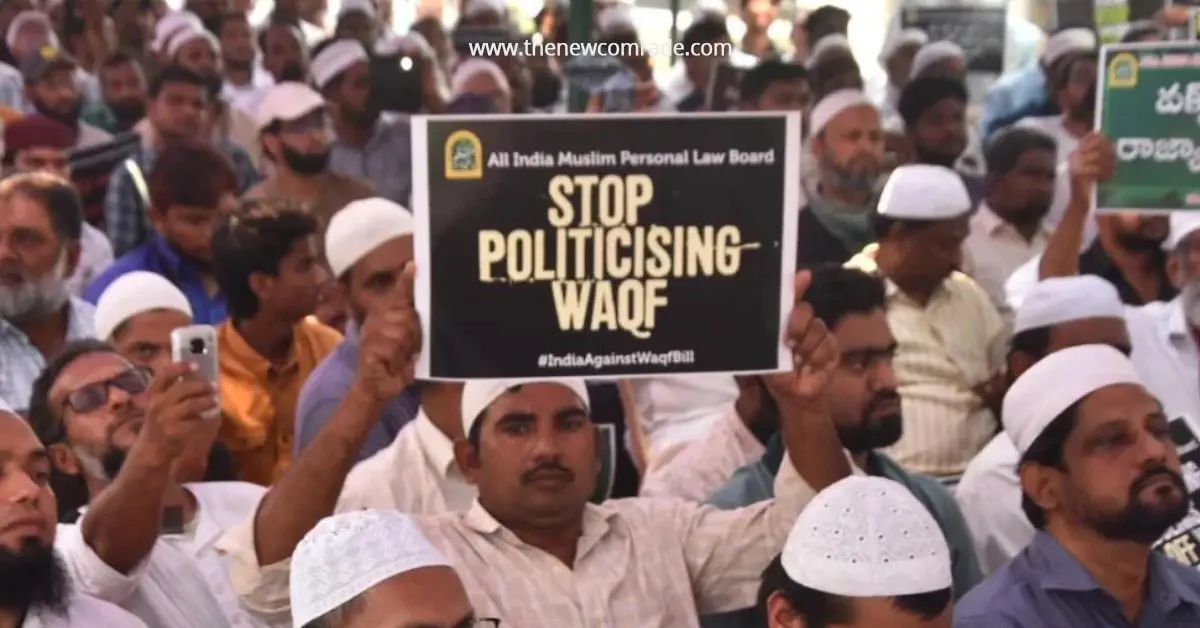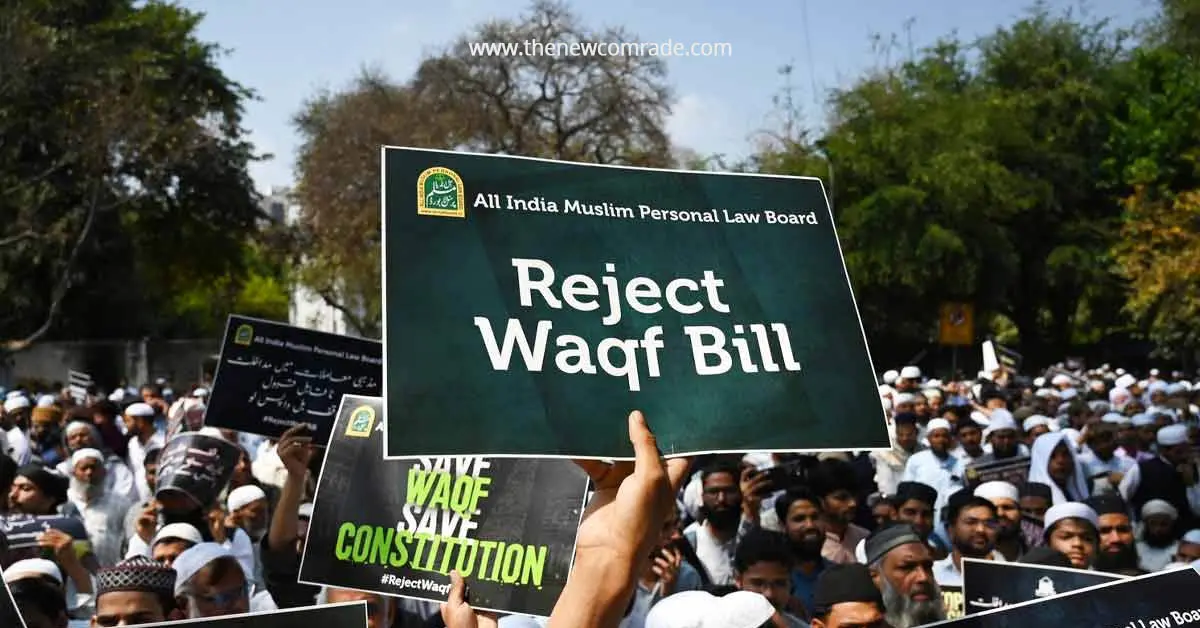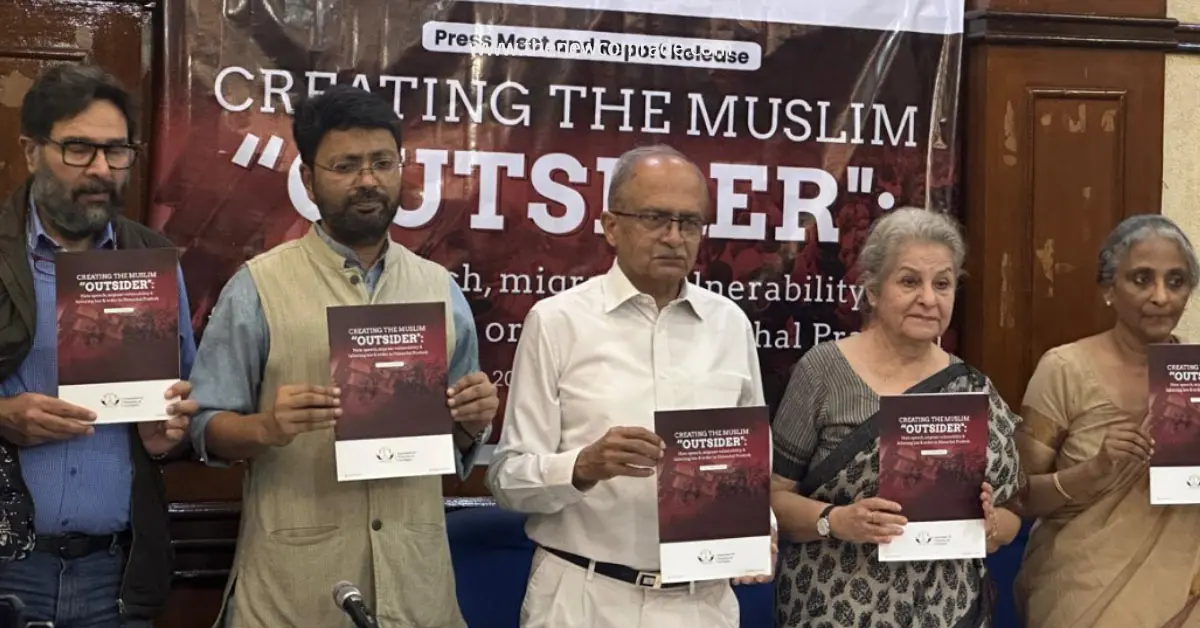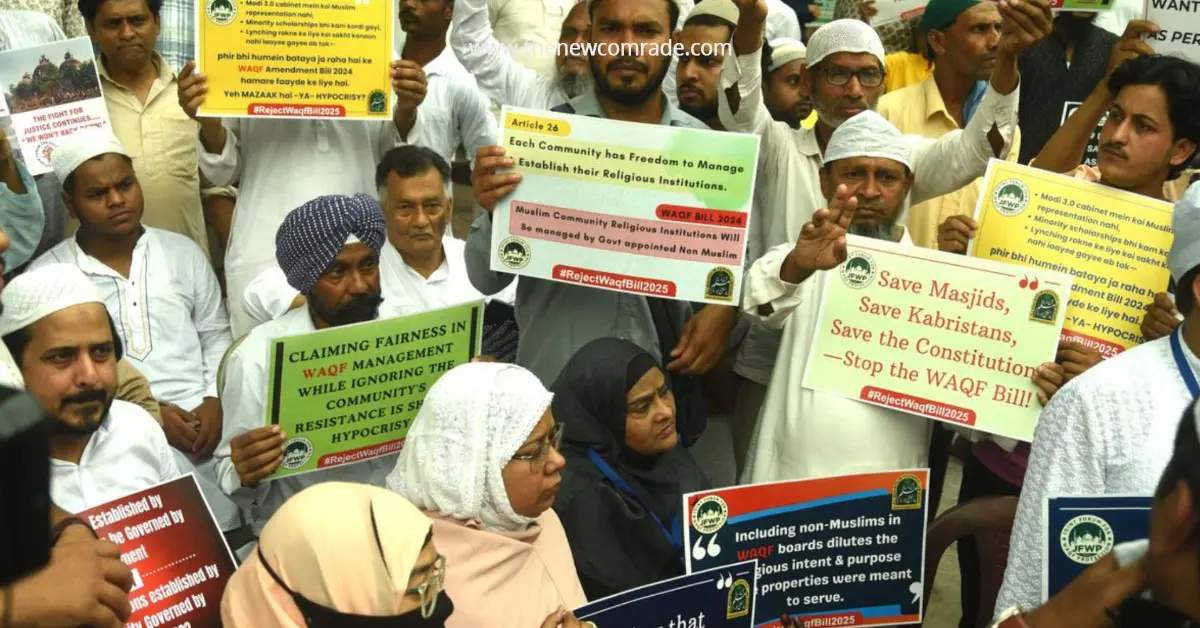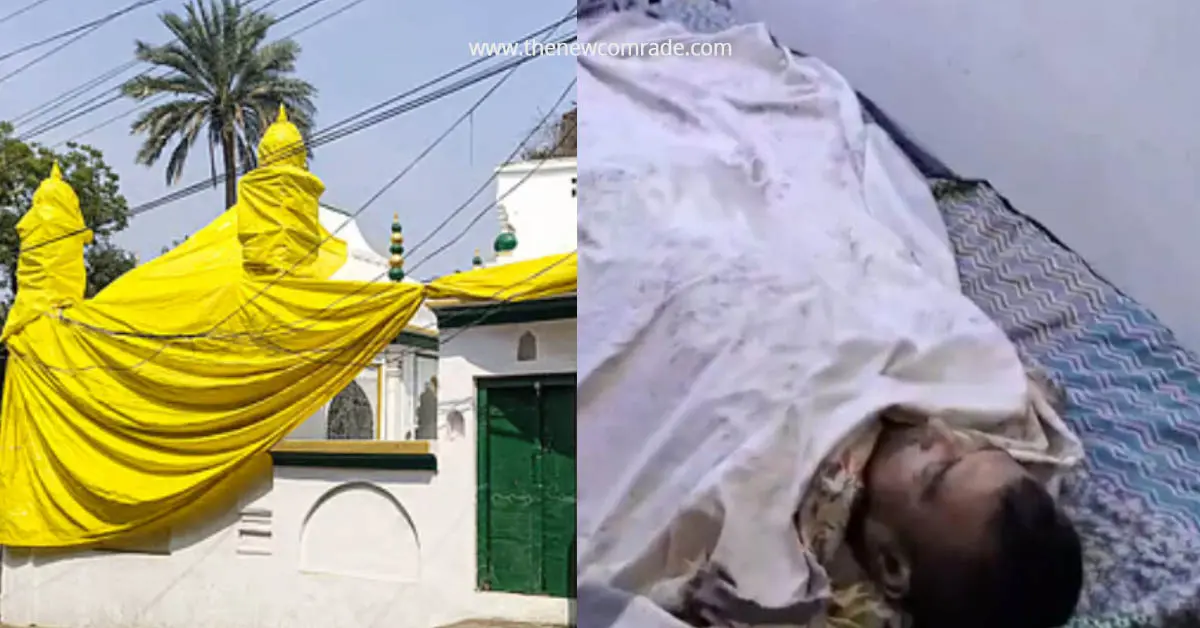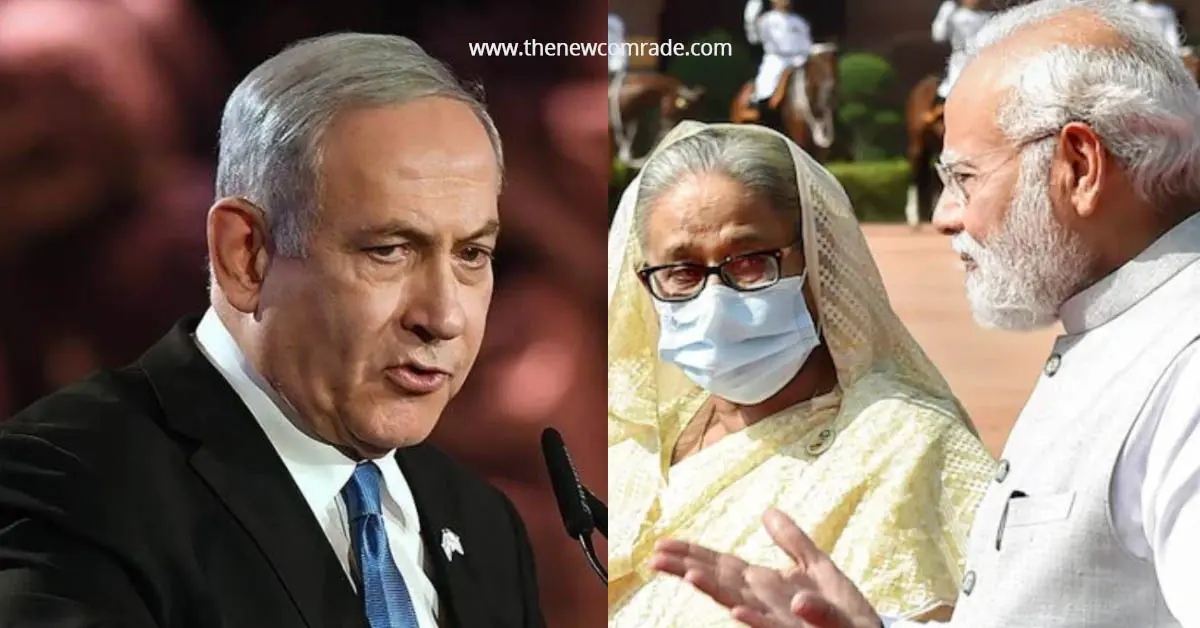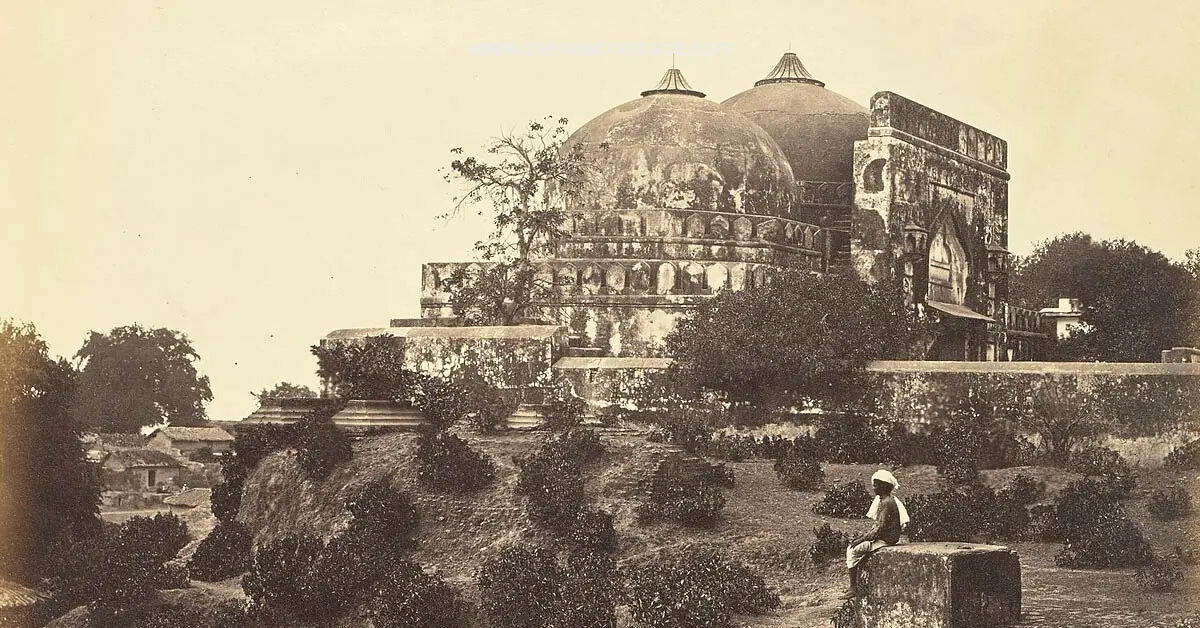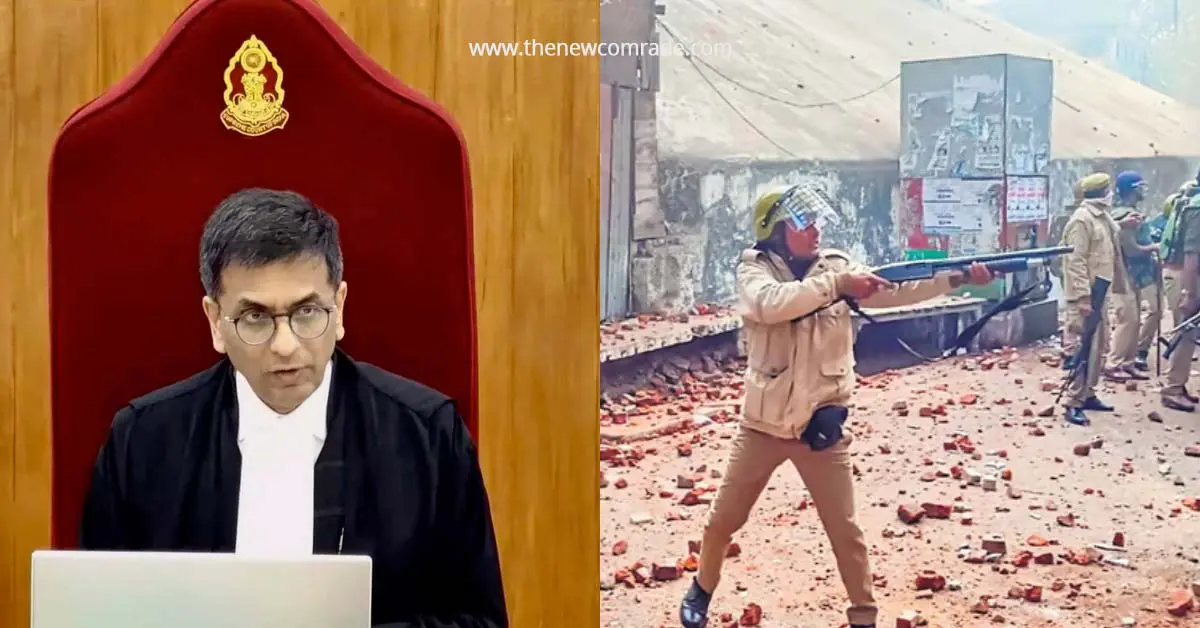I sat in the corner of my room, making peace with my mind in an attempt to trace the past year. The next moment I was embarrassed to be surprised at the cold chill that swept through me. Despite living to face the anti-Muslim hatred without a miss of a single day, to be shaken by it after a fleeting reflection seemed so unthoughtful. At a time when Muslim youths of my age who were meant to live their most beautiful days are stuck in prison, and their homes are bulldozed as if in a nightmare, the attempt to rewind memories(living) is indeed weary. To be a Muslim woman in an environment that reeks of gendered islamophobia is exceptionally demanding.
The year 2022 set off with alarming news for vocal Muslim women in the country.
Over 100 prominent Muslim women from various domains– artists, journalists, activists, and lawyers– were auctioned off on an online internet platform called the “Bulli Bai” on the GitHub page. This incident was reminiscent of the June 2021 episode of “Sulli Deals,” in which right-wing Hindu men used another app to publish photographs of over 80 women, putting them up “for sale.” This repeated objectification of Muslim women, with a gap of nearly six months despite the rage from the margins, emphasized the level of dehumanization that Muslim women are prone to in the current Indian scenario. Authorities were compelled to take action after Bulli bai, given they were ignorant in the earlier case and arrested two accused men behind the apps. Nevertheless, an Indian Court granted bail in March 2022 to give the perpetrators more confidence.
Parallel to the numerous episodes of online harassment revealing how tech is being weaponized for abuse against Muslim women, the institutional discrimination was running successfully on the ground. At the turn of the year, we witnessed Hindu nationalist organizations coming up with campaigns against the hijab(headscarf), a visible expression of Muslim identity, in the state of Karnataka. All of a sudden Muslim girls attending colleges found themselves forced to choose between their faith and education despite the promised fundamental rights, namely free expression and the right to education. It is reported that 17,000 girls were unable to take their exams due to this visibly discriminatory policy. Several of the girls filed lawsuits, and the matter eventually made it to the Karnataka High Court. On March 15th, the Court ruled that a hijab ban was not illegal provided hijab is not an “essential part of Islam”. As many commentators opined, what is troubling here is that in a nation that claims to be secular, it is not the role of the state to define the essentials of faith.
Another shocking incident involving Muslim women was the rehashing of the case of Bilkis Bano, the woman who was gang-raped during the 2002 Gujarat riots. 11 men were convicted of rape and murder after Banu took case to the Supreme Court in 2008. However, in August last year, the men who were serving life imprisonment were freed after the BJP-controlled state government approved their application for remission of sentence. The convicts walked free on the same day that the country celebrated its 75th independence day, a perfect contradiction from outside people but not necessarily from within.
On the same day, right-wing Hindutva groups in New Jersey in the United States were seen marching with bulldozers with photographs of Prime Minister Narendra Modi and the chief minister of Uttar Pradesh, Yogi Adityanath. During campaigning for the recent Gujarat Assembly election, Yogi was welcomed with bulldozers and chants of “bulldozer baba” and “Jai Shree Ram”. Of late, bulldozers have evolved into a weapon in the hands of Hindu nationalist Bharatiya Janata Party (BJP) governments to destroy the homes and livelihoods of the Muslim community.
In June 2022, the BJPs then-national spokesperson, Nupur Sharma made derogatory remarks about the Prophet Muhammad on national television resulting in an international uproar. It took condemnations and boycotts from Arab countries for BJP to take action, which removed Sharma from her post, describing her as a “fringe element.” On the other hand, when Muslims protested against the sheer Islamophobic remarks, the Indian government responded in the most crooked way, demolishing their homes at its will. Afreen Fatima, a relentless Muslim voice from Uttar Pradesh, and her family have been at the receiving end of blatant violence by Yogi Adityanadh government to see their house being bulldozed for allegedly organizing a violent protest in their city. Later, authorities justified their atrocity by claiming the home was illegally built but did not stand a chance before the official property documents in order. Afreen once explained how “bulldozer justice” works in India: “the government links Muslims to grievous ‘crimes’ such as participating in protests, then blames them for violence, and destroys their homes.”
The demolition project continues red in tooth and claw to ‘discipline’ Muslim populace. Four madrasas across the state of Assam were flattened over their alleged links to terror outfits in the month of August. Even as I write this, the Uttarakhand High Court has ordered the respondent authorities to demolish over 4000 houses in the name of railway encroachment, where the majority of inhabitants are Muslim. With growing incidents of mob violence, discriminatory policies, under the aegis of Prime Minister Narendra Modi Hindu majoritarianism has become de facto state policy. Hate speeches catering to the ever-growing majoritarian Hindu psyche have become the norm not to foresee the genocidal pursuits underneath.
Right-wing Hindu nationalists persist to make discriminatory demands, to which the government either acceded or offered silent approval by failing to tackle the polarizing and violent rhetoric. Over the course of the past year right-wing forces have stretched their campaign to all prevalent symbols of the Muslim community– calling for a ban on halal meat and mosque loudspeakers. Even monuments such as the Taj Mahal and Gyanvapi masjid are now claimed to have Hindu origin and many places were renamed according to Hindu mythology, essentially trying to erase the presence of Islam in the country. Every hindu celebration of the year ended up being a haunting memory for the muslim community. ‘Dharma Sansad’ or ‘religious parliament’ conducted across North and Central India witnessed an extraordinary outpouring of hate speech, mobilizations to violence and anti-Muslim sentiment. At the turn of the year, Gregory Stanton, the founder of Genocide Watch, warned that genocide “could very well happen in India.”
The rapid growth and spread of anti-Muslim narrative had largely been aided by social media.
All the available possibilities, like Twitter, Facebook, and WhatsApp, along with a number of other platforms, have been effectively utilized by the BJP for their political propaganda. There were countless examples of the social media giants failing to respond to calling for violence against Muslims. The “Love Jihad” conspiracy theory, which claims that Muslim men are luring Hindu women into marrying them and converting to Islam, gained it momentum through social media and a number of interfaith couples were arrested, with the Muslim men facing imprisonment.
The Kashmir Files, a movie about the exodus of Kashmiri Hindus, as many critics pointed, was simply another output of anti-Muslim propaganda. The movie was praised by PM Modi, received tax exemptions from several states, and one BJP state official even gave government employees a half-day off to see the movie. There were other movies in 2022 that were also accused of promoting islamophobia, including The Kerala Files, which claimed, without providing evidence, that 32,000 women from the state had converted to Islam and joined ISIS.
Hindutva right-wing mind has kept no stone unturned in instigating violence, to buttress the predominant idea of the Muslims as the typical ‘other’ of Indian imagination. The inner conflicts of the acclaimed Indian diversity are exposed here that it is permitted only to an extent to which difference seems in a way mainstream narrative expects them. To realize this, is a sign of bravery as demonstrated by Muskan in Karnataka, shouting Allahu Akbar to the face of Hindutva goons surrounding her and Afreen Fatima vowing never to let her enemies break her heart over the ruins of her home. To be brave is to go beyond reactionary politics and thrive for a visionary resistance to imperil the roots of Hindutva at its roots.
